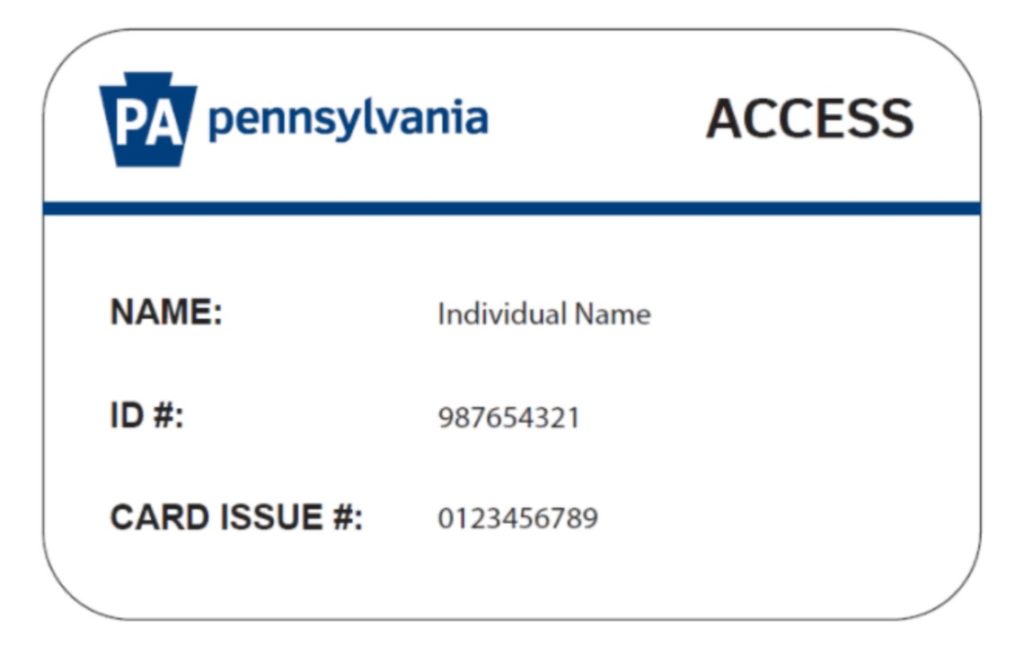Medicaid is a state and federal funded program which provides nursing home (institutional) as well as home and community-based services. It is a low-income program which has very specific asset and income requirements limits for eligibility. The limits can be found using this link https://www.medicaidplanningassistance.org/medicaid-eligibility-pennsylvania. For those who do not meet these asset and income limit requirements, there are other ways to qualify for Medicaid benefits.
Medically Needy Pathway
A person can still qualify for Medicaid services even if they are over the income limit if they have high medical bills. In Pennsylvania this is known as the medically needy only assistance program. It is sometimes called the “spenddown” program which is used to cover medical and nursing home bills. Currently the medically needy income limit is $425 and $442 for married couples.
Pennsylvania has a 6 month “spend down” period, so once a couple has paid their excess income down to the Medicaid eligibility limit, they will qualify for benefits for the remainder of the period. It is important to understand that the asset limit for Medicaid qualification via this program is different than the normal asset thresholds.
The asset limit for the medically needy pathway program is $2,400.00 for single individuals and $3,200.00 for married couples. A person can “spend down” their assets on non-countable purchases such as home modifications like wheelchair ramps or stairlifts and by pre-paying funeral and burial expenses, as well as paying off other debts.
The Importance of Medicaid Planning- How you can still qualify for Medicaid Benefits
Most individuals considering Medicaid are over income or over asset limits but still can’t afford their cost of care. These individuals should consider working with a Medicaid planning attorney who can deploy any of the following asset and income planning strategies:
- Irrevocable funeral trust
- These are trusts set up for the purpose of paying for the Medicaid applicant’s funeral in advance.
- Spousal asset transfer
- When only one spouse of a couple is applying for nursing home Medicaid or a Home and Community Based Services (HCBS) Medicaid Waiver, the spousal asset transfer ensures the community spouse doesn’t become impoverished.
- Annuities
- This planning technique turns countable assets into non-countable income for the non-applicant spouse. An annuity is a lump sum of money that is paid to an insurance company, which in turn, will pay the healthy spouse a monthly payment.
- Spend down excess assets
- Spend down option include home modifications and improvements, such as adding a chair lift or putting on a new roof, purchasing medical devices that are uncovered by insurance, like dentures, and paying off one’s mortgage or credit card debt.
- Life Estate deeds
- This is a life estate deed and the Medicaid recipient still has ownership over his or her home as long as he or she is living
- Medicaid asset protection trust
- A Medicaid asset protection trust (MAPT) is a type of irrevocable (irreversible) trust that protects assets from being counted towards Medicaid’s asset limit. These trusts also preserve assets for family and other loved ones as inheritance. Assets, which may include one’s home, are put into a trust and are no longer considered owned by the person who created the trust (the Medicaid applicant). While there is no limit as to the value of the assets that can be placed in this type of trust, they are still subject to the 5 year “look back” results in a penalty period of Medicaid ineligibility,
Income Planning Strategies
- Spousal income transfers
- The non-applicant spouse is permitted a sufficient amount of monthly income to allow him or her to continue living at home. This is called the Minimum Monthly Maintenance Needs Allowance, or MMMNA, and allows applicant spouses to transfer their income to their non-applicant spouses.
- In 2022, the applicant spouse may transfer up to a maximum of $3,435 a month in income to the non-applicant spouse.
- Qualified income trusts/Miller trusts
For individuals who are not married or whose non-applicant spouse’s income exceeds the MMMNA, Qualified Income Trusts (QIT) offer another, slightly more complicated technique for helping the applicant to meet the Medicaid income limit.
- Income over the limit is allocated into a qualified irrevocable income or Miller Trust, and is generally used to pay one’s medical bills and care. It is very important to understand however that the remaining money becomes the property of the state after the Medicaid applicant passes.
If you have any questions about implementing any of these strategies, please call Gregory J. Spadea at 610-521-0604.








